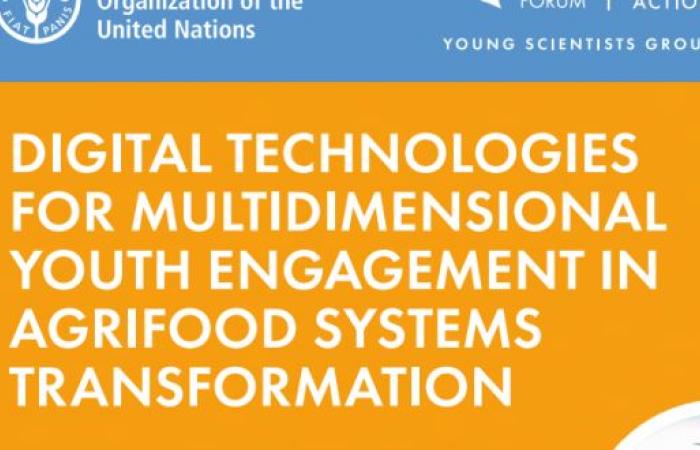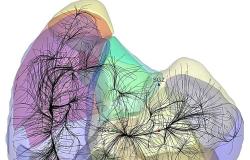
The Food and Agriculture Organization of the United Nations (FAO) and CIRAD today unveiled a major forward-looking report entitled *Shaping a sustainable agri-food future: Pre-emerging and emerging technologies and innovations for impact*. This document, ambitious in scope with its 292 pages, highlights 32 promising technologies that could profoundly transform global agri-food systems.
At a time when food security and climate change pose unprecedented challenges, this report explores how technological innovations can provide concrete answers. It notably focuses on 20 emerging technologies, grouped into seven categories such as advanced biotechnologies and digital technologies, as well as innovation areas such as vertical farming and precision agriculture.
A holistic approach to innovation, technology and socio-economic context
The report highlights a key message: no single technology will be sufficient to meet the complex challenges of agri-food systems. On the contrary, it is personalized combinations adapted to local contexts that offer the greatest potential for transformation. In addition, the role of co-innovation and participatory governance appears crucial to maximize the impact of these technologies.
Qu Dongyu, Director-General of FAO, highlighted the relevance of this study: “The results reinforce FAO’s commitment to bridging the science and technology gap, encouraging innovation and shaping sustainable and resilient agri-food systems for future generations. » This report, by highlighting the importance of technologies, is part of a global dynamic aimed at strengthening the resilience of food systems in the face of crises.
Selim Louafi, Deputy Director General for Research and Strategy at CIRAD, recalled that technologies are deeply influenced by their contexts of application: “The way in which they are developed and mobilized is not neutral. They can lead to very different results in terms of food processing. » Louafi insisted on the importance of foresight to anticipate these transformations, while taking into account the needs of stakeholders, both from the North and the South.
Global challenges and necessary transformations
In addition to analyzing technologies, the report identifies eight major global challenges, including food security, nutrition and the fight against climate change. It proposes five key areas of transformation to guide future policies and strategies: governance, ethics, human and social capital, and systems approaches. These transformations are considered essential for building more sustainable and inclusive food systems.
This report from FAO and CIRAD is a call to action. It shows that technology, although essential, must be integrated into a broader vision, where people, governance and adaptability to local contexts play a fundamental role in building a resilient agri-food future.
Find it full report here





